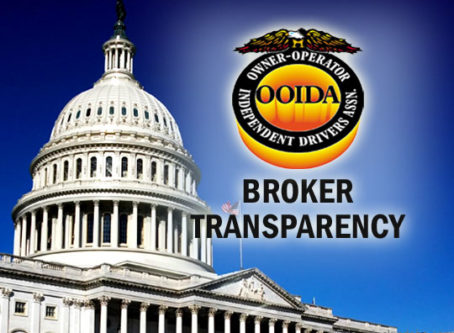Massachusetts governor testifies on his $18 billion transportation bond bill
Gov. Charlie Baker testified today before the Massachusetts Joint Committee on Transportation to advocate his five-year, $18 billion bond bill touted to invest in the state’s transportation system. Included is a first-of-its-kind plan to keep commuters off roadways during peak congestion.
The governor has said that bond authorization would be used to fund existing programs and initiatives intended to reduce roadway congestion and “ensure reliable travel throughout the Commonwealth.”
Specifically, the capital plan outlines $10.1 billion for Massachusetts Department of Transportation highway division construction projects. Of that amount, $5.6 billion would be routed to federal aid highway construction and $3.1 billion would be designated for highway work not supported by the federal government. Another $1.25 billion would be applied for bridges and $150 million would be spent to pave area roads.
The Massachusetts Bay Transportation Authority would get $5.7 billion to modernize operations.
The Baker administration says the bill would provide the Massachusetts DOT with tools and resources to attain having 70% of noninterstate pavement in good or excellent condition.
“This $18 billion transportation plan legislation lays the groundwork for a transportation system that will meet the future travel needs of our residents and support a strong, competitive economy,” Baker said in remarks to the panel.
One initiative in the transportation bond bill would provide incentives to encourage employers to keep workers off the road during peak congestion times via a tax credit for companies that support employees who work from home or remote locations.
“We have designed a targeted credit to encourage businesses to get more of their employees off the road for one or more days per week,” Baker said.
A $2,000 per-employee tax credit would be available. The credits would be capped at $50 million for all employers in the state.
Additionally, a $50 million local bottleneck reduction program would address congestion hotspots through smart signaling, improved traffic signage, new roadway striping, and minor configuration and access changes.
“The financing incorporated in this legislation is unprecedented and historic, and it will be applied in ways that strategically benefit the people, businesses, institutions and communities of this great state,” Baker said.
The governor’s transportation bond bill, H4002, must pass the Massachusetts Legislature to take effect. The governor introduced the plan in late July.









